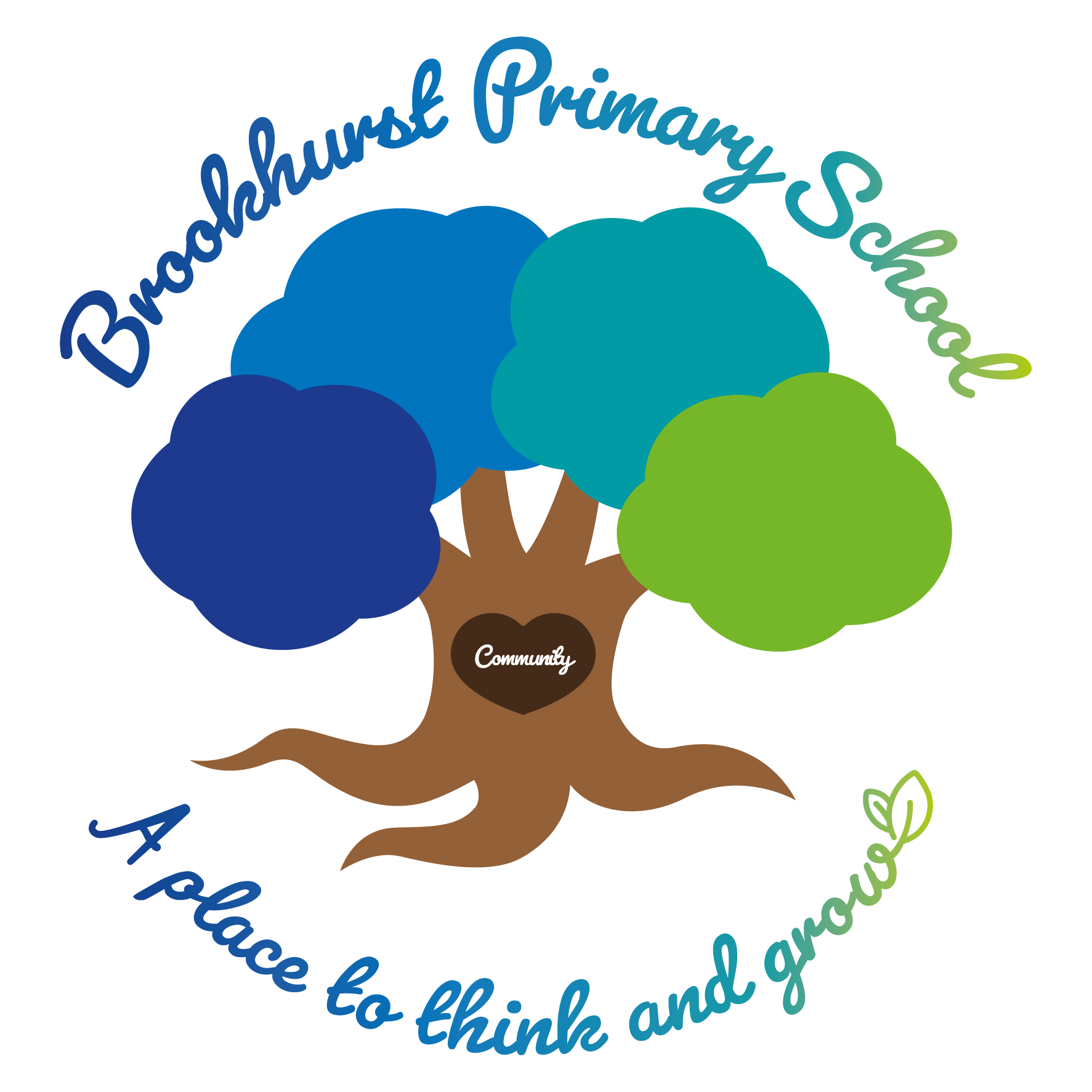English
Understanding the English language underpins most of the learning a child does. We encourage a love of reading, a curiosity about words, an ability to write coherently for many different audiences and purposes, a need to listen in an understanding way and be clear when speaking.
Speaking and listening
- Children of every age engage in regular philosophical discussions with their class
- Children are taught drama skills which are then used to support learning in the rest of the curriculum
- Children are given opportunities to speak in front of an audience such as in class assemblies, school productions and activities such as debating
Approach to reading and the appreciation of literature and reading schemes
- Children are taught to read using a range of strategies
- Children are given opportunities to read alone, with an adult, in groups and with a child from another age group
- Phonics – We use Little Wandle Letters and Sounds to teach early reading and spelling in KS1
- Whole Class Reading – Sharing a text as a class, discussing their comprehension of the text layout, referring to the text to answer questions and justify opinions
- Individual Reading – Children are heard read on an individual basis in KS1 and in KS2
- Independent Reading – Children are given the opportunity to read independently daily
- Reading for pleasure – children are given the opportunity to read a variety of materials which reflect their particular interests e.g. magazines, individual genres, specific authors, books that reflect personal hobbies etc.
- Adults share their favourite children’s books with children
- Authors, journalists and poets are invited into school to share their craft
Approach to writing and teacher strategies
Children are taught to write for many different purposes and audiences. These skills can then be applied in other areas of the curriculum.
- Handwriting – we use Letterjoin
- Spelling – KS1 uses Little Wandle Letters and Sounds to teach spelling. From Year 2 – 6 we follow No Nonsense Spelling
- Modelling – teachers model a writing expectation
- Shared writing – the children and teacher collaboratively compose a piece of writing
- Guided writing – teachers work with children on a specific writing skill
- Children are given the opportunity to write for pleasure
Phonics
Little Wandle Letters and Sounds
